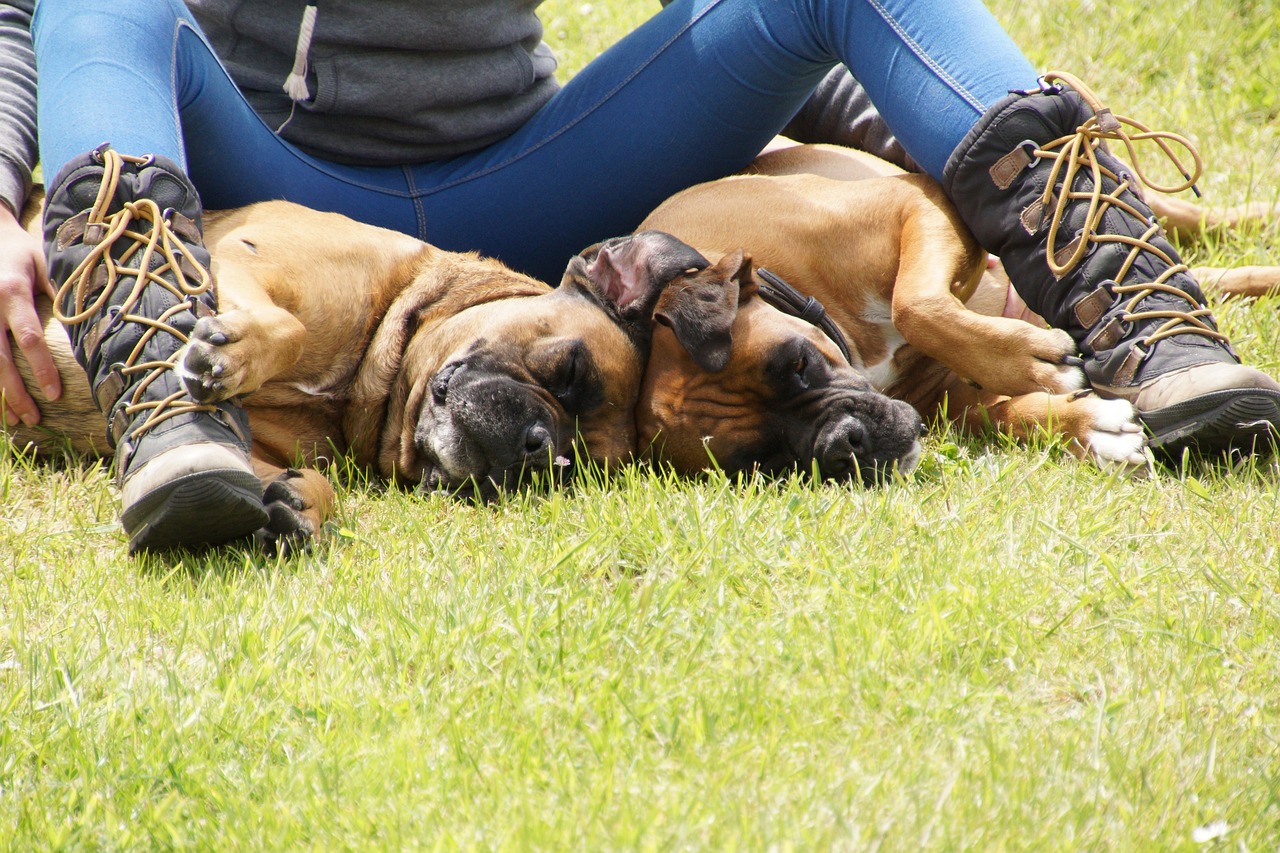Snoring in dogs, like in humans, can be a source of amusement, irritation, or concern, depending on the viewpoint of the listener. Although all dogs can snore for some reason, such as their sleeping position or temporary blockage in their airways, certain breeds are more susceptible to this noisy habit at night. Often, the anatomy of dogs, especially dogs with brachycephalic (small nose) characteristics, plays a significant role in their tendency to snoring. However, personality, size, and health issues can also contribute to the breed’s chances of biting logs harder than your grandpa. This article will explore six dog breeds that are prone to heavy snoring, explore the reasons behind their sweet sleep and provide insight into what makes these snorers so remarkable.
1. English Bulldog
English Bulldogs are perhaps one of the most notorious snorers in the dog world, largely due to their brachycephalic facial structure. Their small noses and narrow airways create resistance to airflow, causing the distinctive sounds of snoring while sleeping. Additionally, Bulldogs often have an elongated soft palate and may be overweight, both of which can aggravate snoring. Their laid-back behavior extends to their sleep, often sleeping in a position that further constricts their airway, turning quiet nights into symphonic events. Despite the noise, Bulldog owners often find this trait endearing, which is a quirky aspect of sharing life with such a beloved breed.
2. Pug
With their compact faces and wrinkled skin, Pugs are also known for their loud snoring. Like Bulldogs, Pugs are brachycephalic and often struggle with obstructed airways due to their anatomy. The folds of skin around their face can further restrict airflow, leading to snoring that can be surprisingly loud for such a small dog. Pugs’ tendency to get excited and overexert themselves can lead to fatigue after a day of play and even loud snoring. Although their snoring can be a potential problem for light sleepers, for dedicated Pug lovers it is just another part of their charm.
3. French Bulldog
French Bulldogs share the brachycephalic traits of their English cousins and Pugs, giving them a tendency to snore loudly. Their flat faces and narrow trachea are not suitable for sleeping quietly, resulting in a variety of snoring sounds that can fill a room. The French also have a tendency to be obese, which can worsen snoring due to excess tissue around the neck and throat. Despite the nocturnal noise, French Bulldogs are beloved for their affectionate nature and playful behavior, qualities that compensate for any sleep disturbance they cause.
4. Boxer
The Boxer is another brachycephalic breed known for its melodious snoring. Their muscular structure and deep chest do not prevent them from experiencing the same airflow restrictions as other short-nosed breeds. Boxers can sleep deeply, often in a position that does not help their cause, producing loud and sometimes amusing snoring sounds. The combination of their physical characteristics and their tendency to actively dream can make sleeping with a Boxer in the room an unforgettable experience. Boxers are energetic and loyal companions during the day and, for some people, can cause sleep disturbance at night.
5. Shih Tzu
Shih Tzus may be small, but their snoring can be powerful due to their short muzzle and overall facial structure. Like other brachycephalic breeds, they face the challenges of airway obstruction, which becomes much more pronounced while sleeping. Shih Tzus often prefer to sleep in a comfortable, curled up position, which can further restrict airflow and cause severe snoring. Their long hair may also play a role in warming their bodies and possibly contribute to making the airways more comfortable, making their snoring quite notable. Despite their nocturnal soundtrack, Shih Tzus are admired for their loving and friendly nature.
6. Boston Terrier
Boston Terriers, with their tuxedo-like markings and expressive faces, are not only attractive to look at; They are also known for their ability to snore loudly. Their brachycephalic characteristics mean that, like other breeds with short noses, they are more likely to produce a series of snoring sounds while sleeping. Boston Terriers are lively and affectionate pets, but they are also prone to obesity, which can increase snoring. Their compact size minimizes the amount of their snoring, which often surprises those who are not familiar with the breed’s sleeping habits.
While snoring is a common trait in many dog breeds, those with brachycephalic characteristics such as English Bulldogs, Pugs, French Bulldogs, Boxers, Shih Tzus and Boston Terriers are especially prone to snoring, even in the dark of night. . , The anatomy of these breeds significantly contributes to their snoring, but it is their unique personalities and lovable qualities that endear them to their owners, regardless of the decibel level of their snoring. For fans of these breeds, the sound of snoring is another reminder of the joy and companionship these dogs bring, turning what could have been a nuisance into a quirky feature that is both amusing and relaxing.

